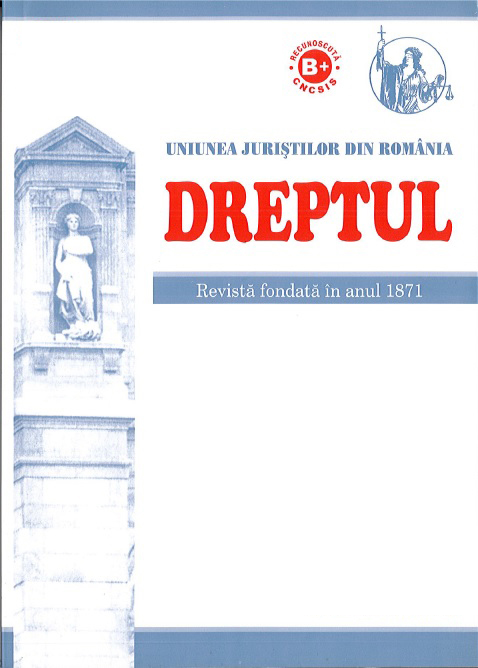The Aarhus Convention (1998) organizes the exercise of public access to environmental information, taking part in decision making, and access to justice in environmental issues, as procedural safeguards of the right to a healthy and ecologically balanced environment. The effectivity of the right to environmental information bares significant limitations, both doctrinal and political, and has met several obstacles, mostly technical and cultural; such aspects concern especially the definition of environmental „information”, the conditions of accessing them, the exceptions, the administrative proceedings, the access to justice in this field and its results etc. In explaining its contents and amplifying the efficiency of this right a special part is played by the findings, conclusions and recommendations of the Compliance Committee for examining the enforcement of the Convention created in 2002 that can file complaints from Member States and non-governmental organizations, to evaluate, in a non-conflictual, non-judiciary and consultative manner, whether the treaty is correctly enforced by the Parties. Having no decision power, the Compliance Committee issues, following the examination, only a recommendation, addressed to the Reunion of Parties, that is always approved by the Member States.



